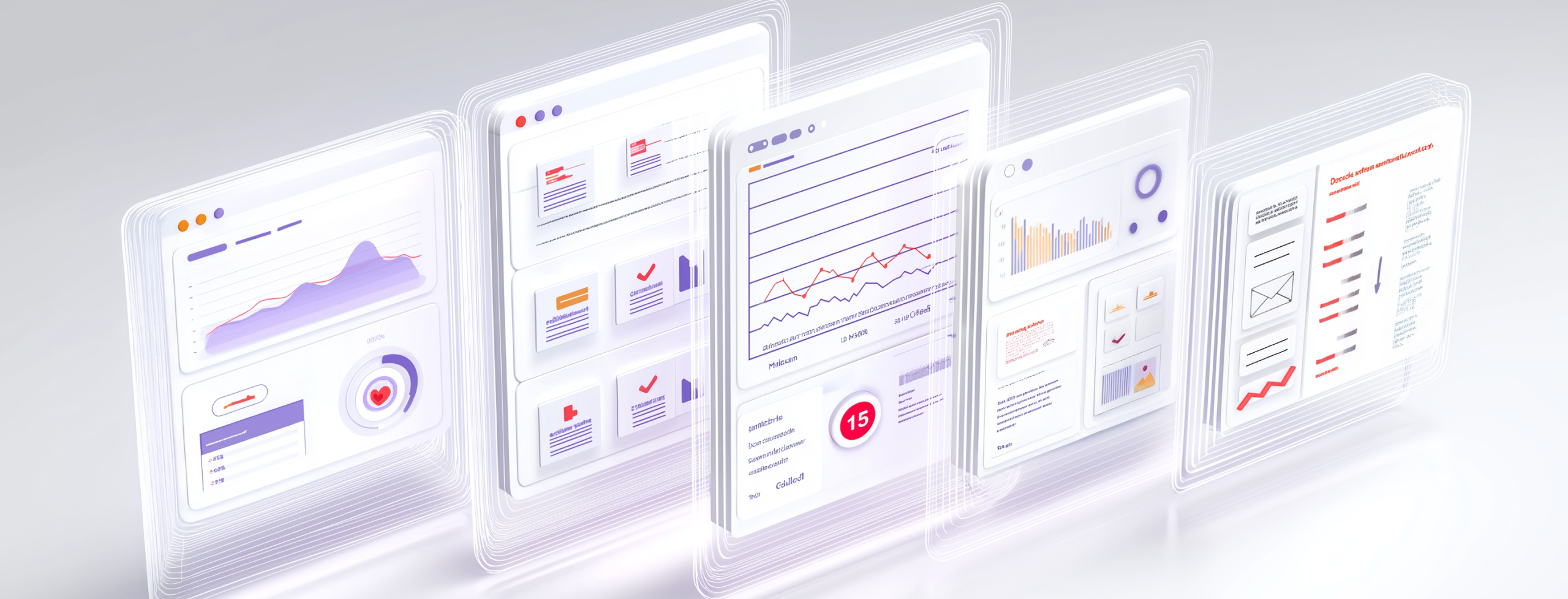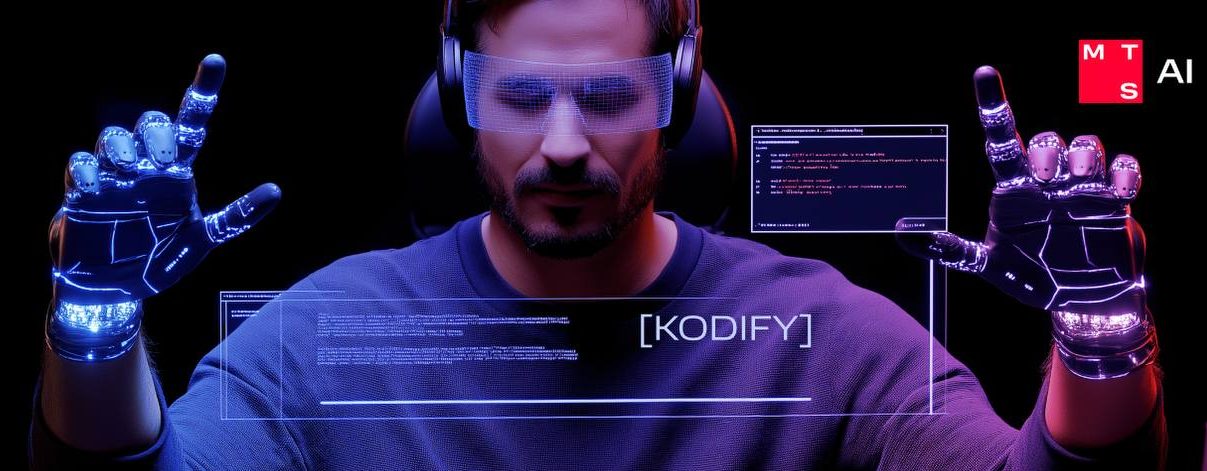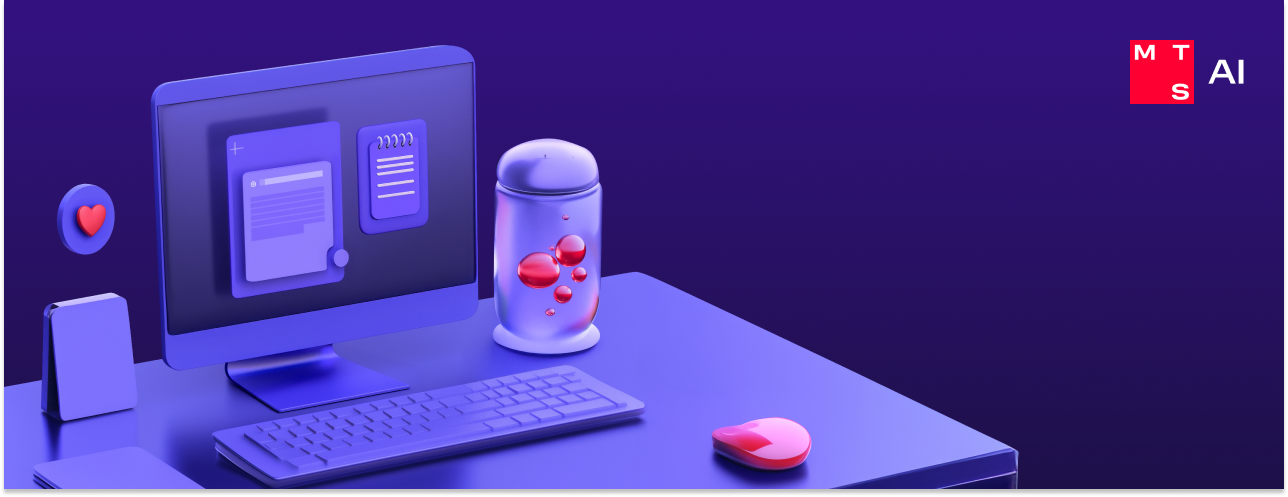As always, in #InfocusAI, we will tell you about events, research, and phenomena that are easy to miss in the endless stream of news about artificial intelligence. In this issue, you will learn about Google DeepMind’s AI-assistant for discussions, an intelligent application for 3D printing of metal products from Russia, another forecast for Agentic AI, a new generation of AI models from IBM, and the capabilities of Claude 3.5 Sonnet to use computers.
AI-focused digest – News from the AI world
Issue 52, October 10–24, 2024
Google DeepMind has developed an AI tool to help people discuss controversial Issues
It is not an easy task to reach an agreement as a result of a collective deliberation of an acute social or political issue. Scientists from Google DeepMind have come up with how artificial intelligence can help with this. Inspired by Jurgen Habermas’s Theory of Communicative Action, they developed a kind of AI intermediary for conducting complex group conversations, which they called the “Habermas Machine”. This is a language model that iteratively generates and clarifies statements expressing positions in a group on certain social or political issues, helps find common ground and develop a common position. The Habermas Machine’s abilities were tested in a series of experimental deliberations with more than 5 thousand participants in total. In these experiments, most participants preferred statements generated by AI to those written by human intermediaries and rated them as more informative, clear, and unbiased. Moreover, they more often changed their views after the discussion towards a common opinion. To learn more about the development and its testing results, read the Science journal.
Scientists from Russia want to make AI friends with additive technologies
Scientists from the N. E. Bauman Moscow State Technical University and the Far Eastern Federal University are developing an AI assistant to help process engineers with 3D printing of metal products. According to Izvestia, there are no Russian analogues of such an AI tandem with additive technologies. It is expected that the new development will accelerate and reduce the cost of manufacturing the various parts for industry using the additive method, and also reduce the qualification requirements for specialists to work with complex equipment. The process engineer will simply need to enter information about the materials and technical characteristics of the part to be printed into the software, and the AI assistant will give the optimal settings for the operation of the equipment to produce it.
Gartner: Agentic AI to be the 2025 main technology trend
We have already written that the role of the main technological breakthrough after generative artificial intelligence is confidently claimed by Agentic AI, that is, an AI that can fulfill certain tasks autonomously, without a human. Now Gartner confirms this too. According to VentureBeat, the company´s experts called this technology the 2025 main technological trend. It is predicted that by 2028 such autonomous AI agents will make at least 15% of everyday work decisions instead of people. First, Agentic AI will take on routine tasks for you. For example, it can simply monitor the operation of corporate systems. Then it is supposed to move to the management level of these systems: the AI will be able to analyze them, fix them, and make changes. The possibility of more complex scenarios of using AI agents is also being considered, in particular, in the role of mentors for new employees.
IBM releases Granite 3.0 models with the prospect of their development to Agentic AI
Here is news confirming Gartner’s forecasts for Agentic AI. IBM has announced the release of the third generation of its Granite flagship AI models for business. It is reported that Granite 3.0 8B and 2B successfully cope with tasks such as Retrieval Augmented Generation, classification, summarization, entity extraction, and use of tools. They can be customized using corporate data and seamlessly integrated into various business environments and workflows. But the most interesting thing is that their release lays the foundation for IBM’s operation in the field of Agentic AI to create an AI capable of greater autonomy, complex reasoning, and multi-step problem solving. The Granite 3.0 8B model already includes support for key agent capabilities such as advanced reasoning, a highly structured chat template and prompting style. The company promises more achievements in the field of Agentic AI in 2025.
Claude 3.5 Sonnet AI model has learned how to work with the computer
Last Tuesday, Anthropic introduced a new version of the Claude 3.5 Sonnet model. There are quite a lot of improvements in it, but the most interesting thing is the ability to use the computer as people do, that is, looking at the screen, moving the cursor, pressing buttons, and typing text. The company itself calls this feature groundbreaking. “Instead of making specific tools to help Claude complete individual tasks, we’re teaching it general computer skills — allowing it to use a wide range of standard tools and software programs designed for people. Developers can use this nascent capability to automate repetitive processes, build and test software, and conduct open-ended tasks like research.”, says Anthropic’s official announcement. So far, however, this new functionality is at the experimental stage — it was released to get feedback from developer users for improvements and bug fixes. Go here for details.













